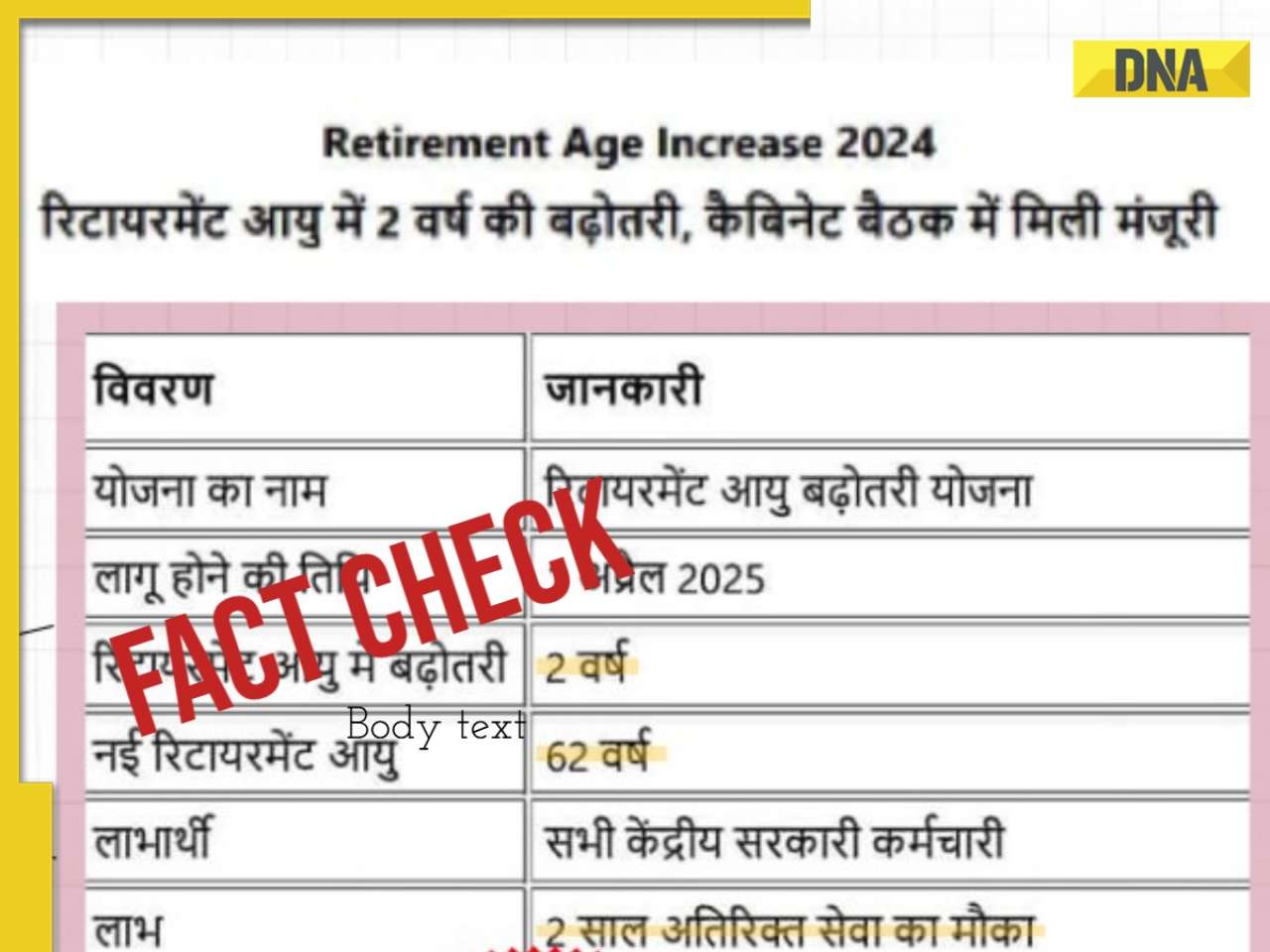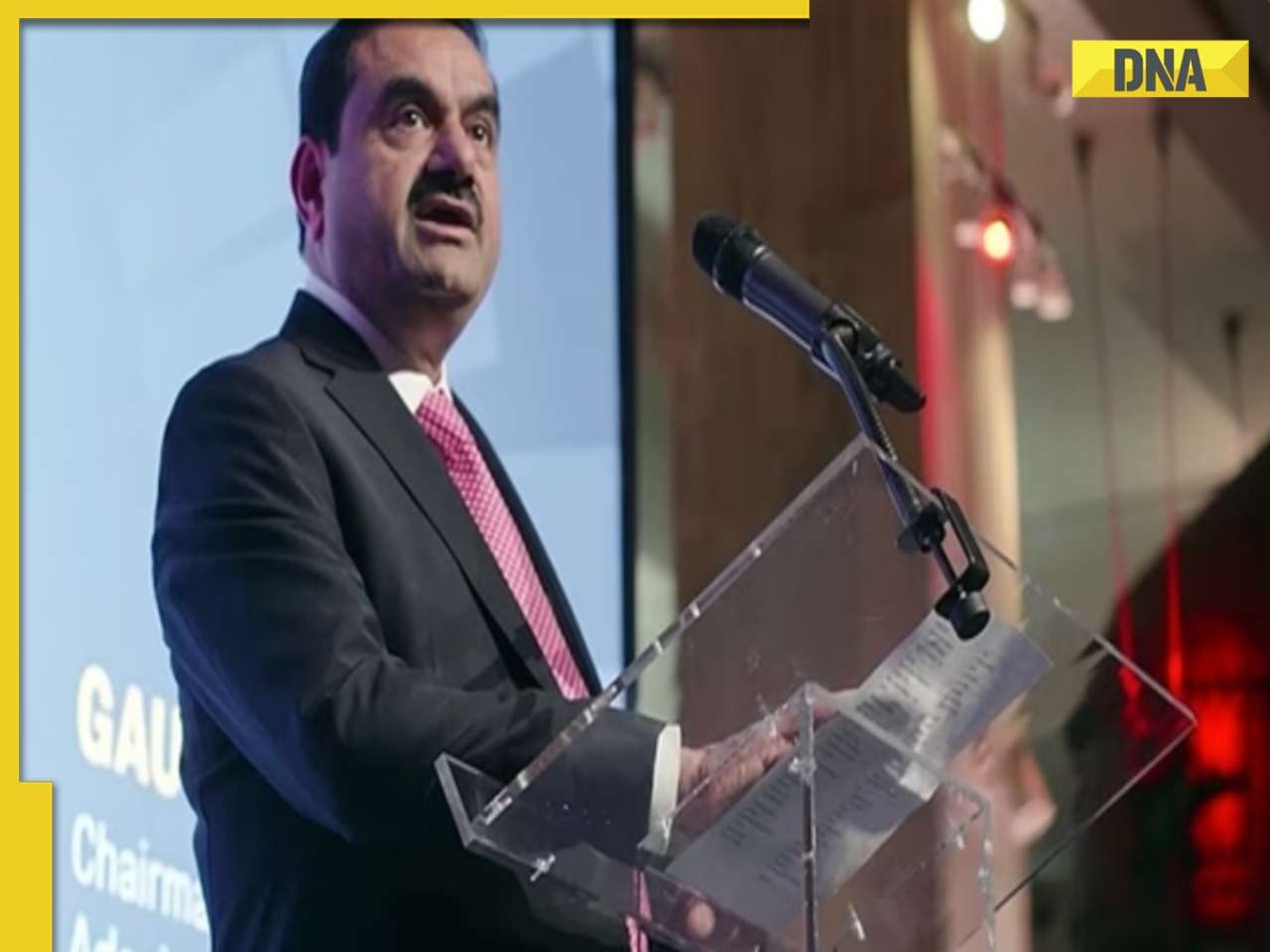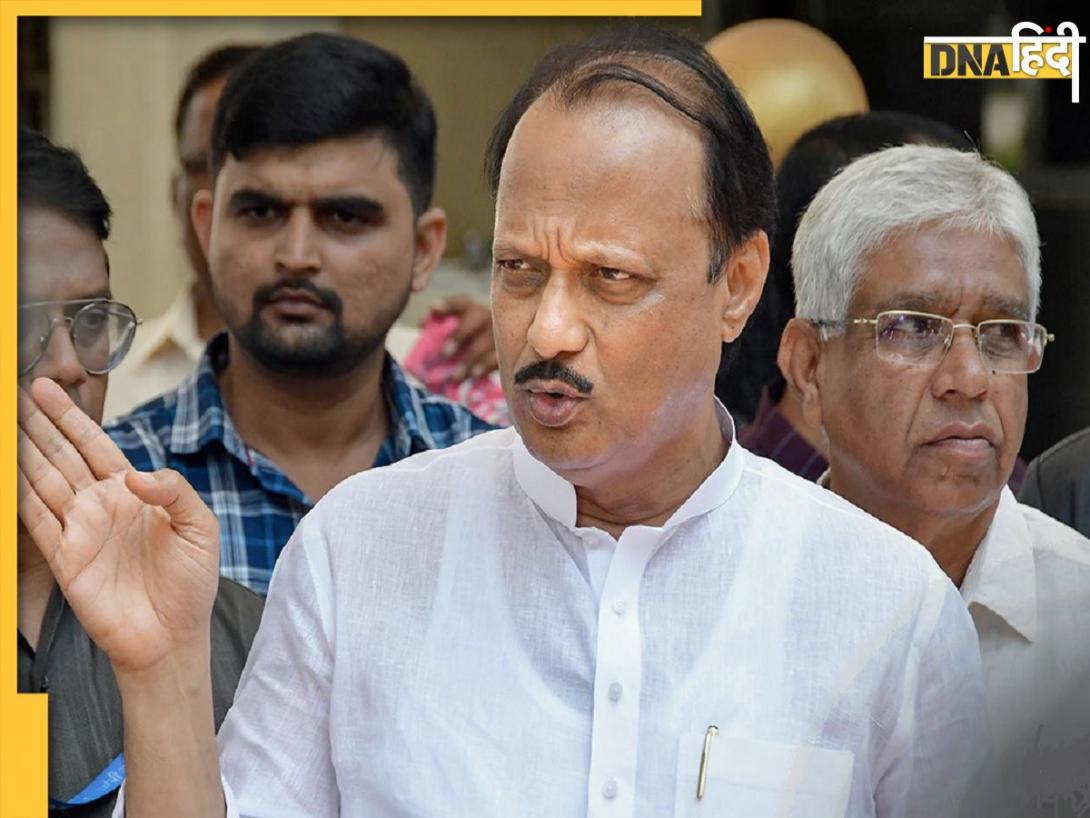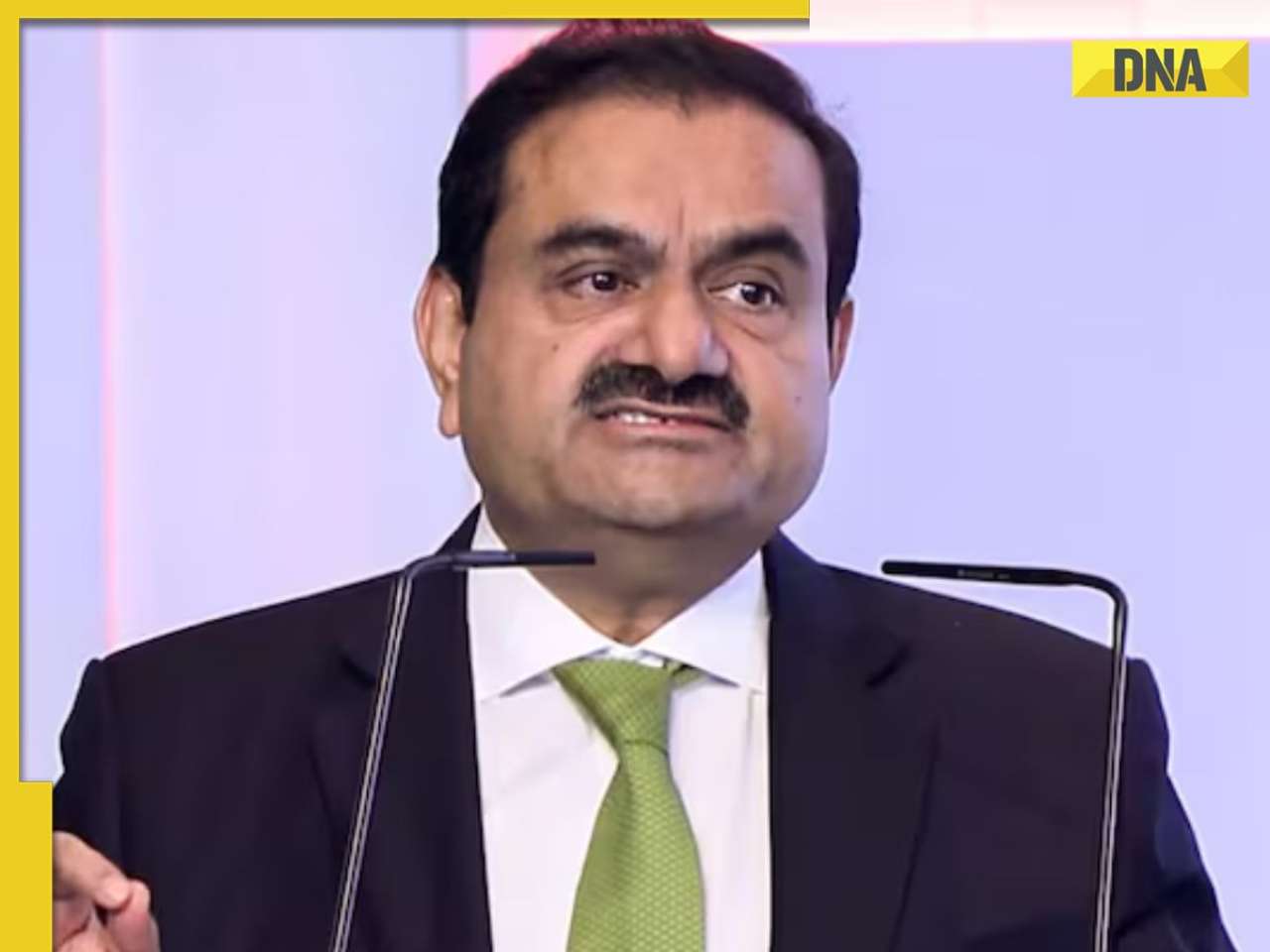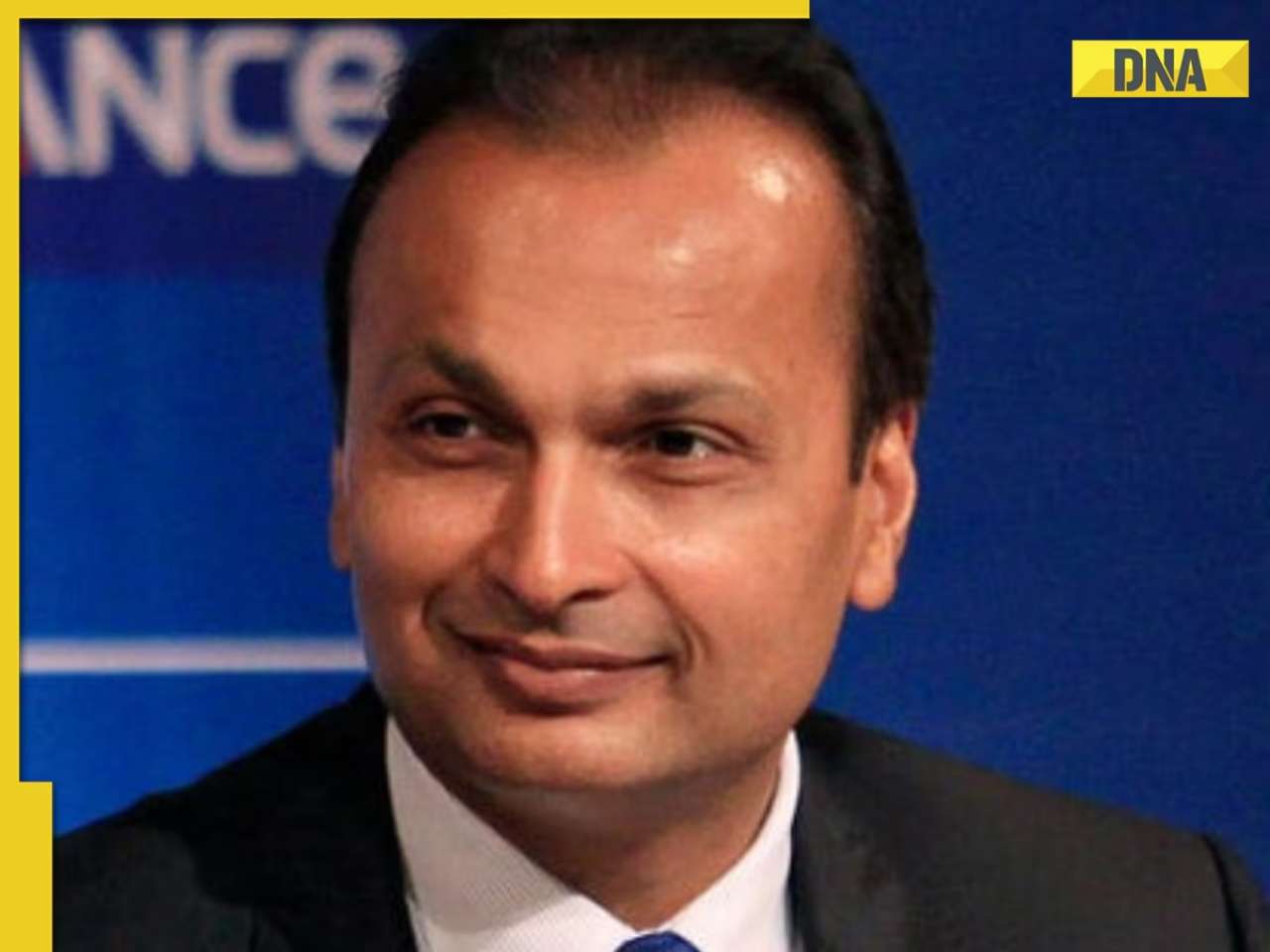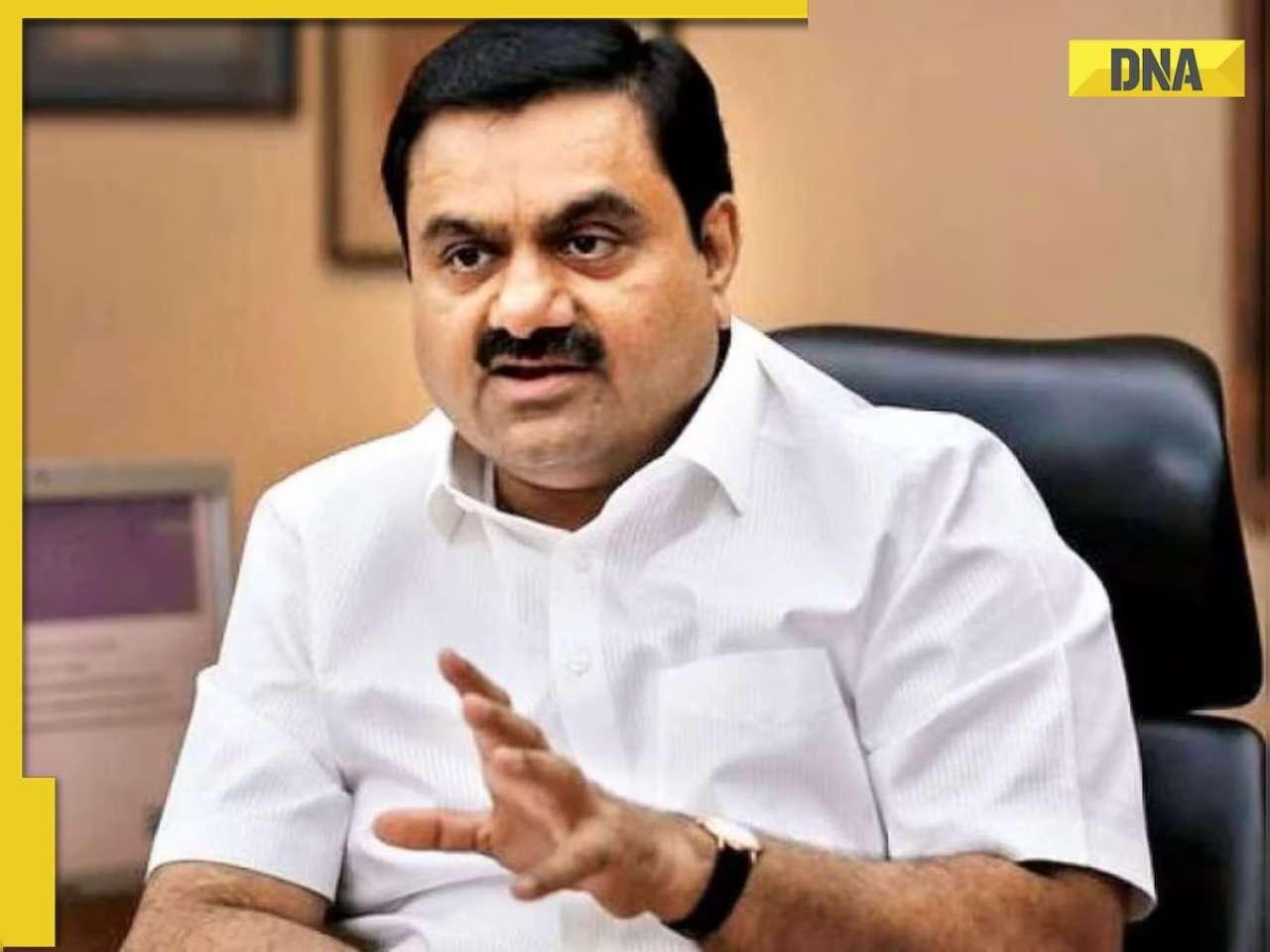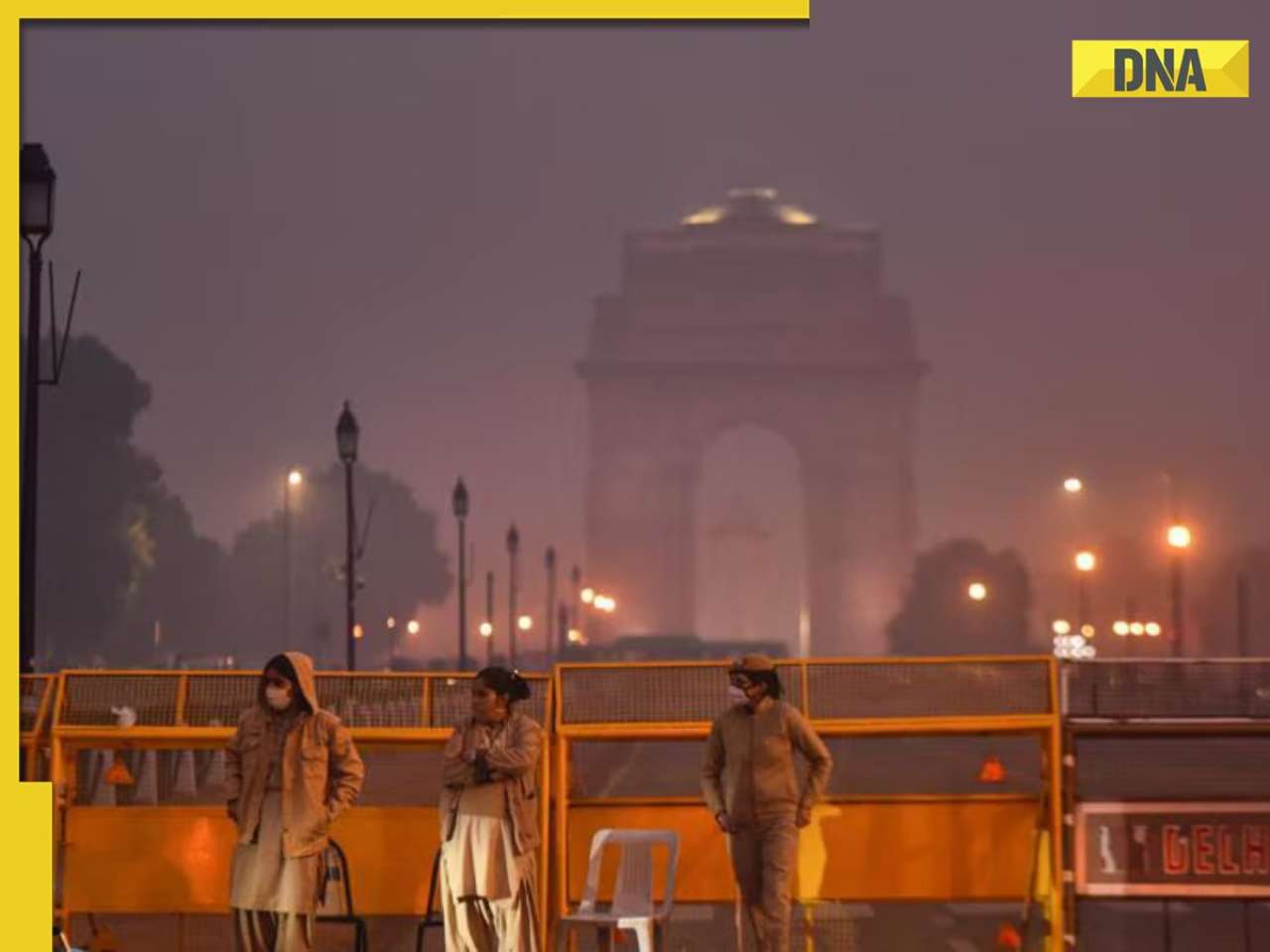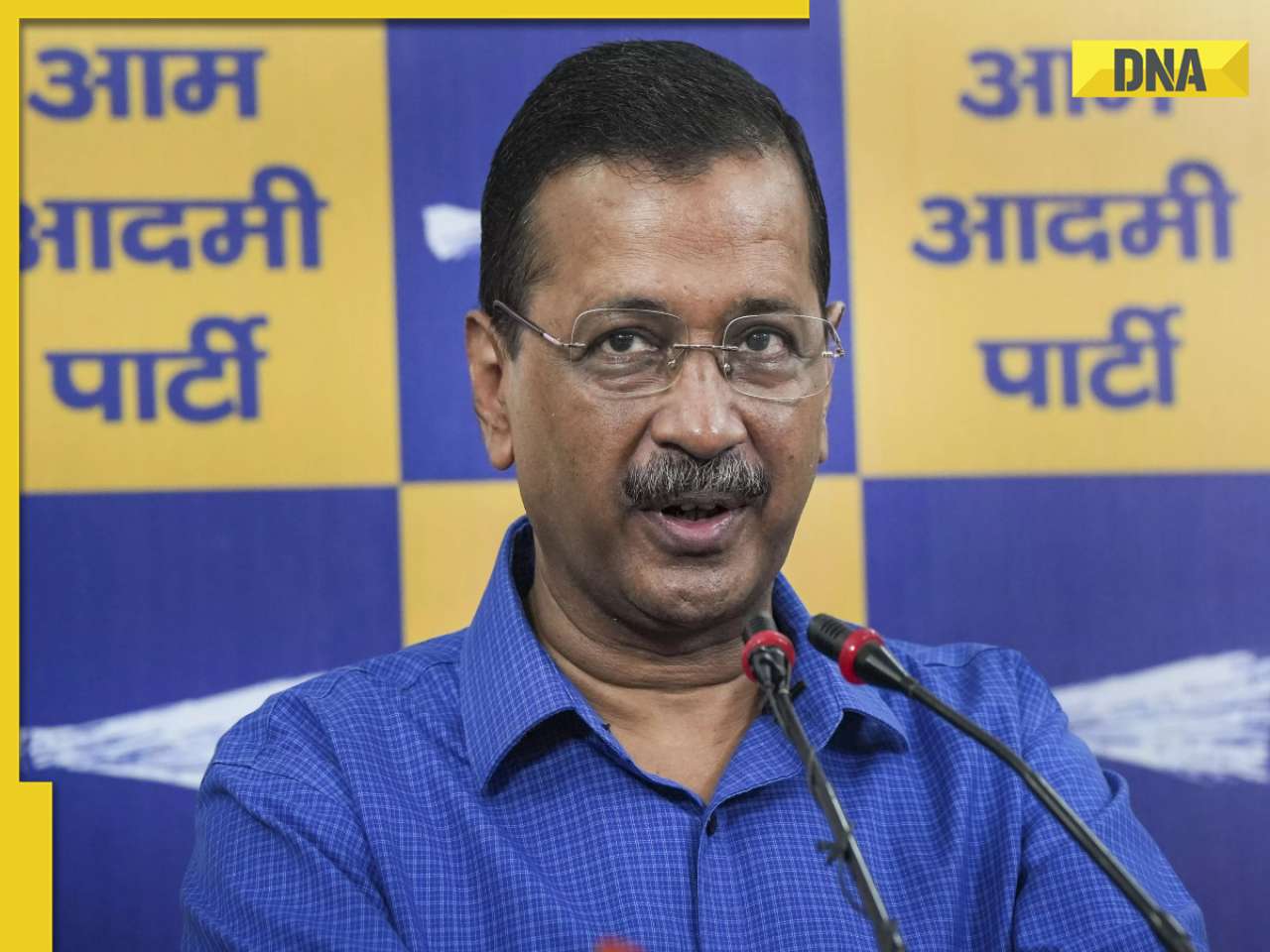- LATEST
- WEBSTORY
- TRENDING
ANALYSIS
DNA Edit: Ecology vs development - In this eternal debate, India should opt for middle path
A poor nation needs development, but how does it plan industry and infrastructure without hurting the immediate environment?
TRENDING NOW
For developing countries, the tussle between development and environmental degradation is a challenge that presents no easy answers. A poor nation needs development, but how does it plan industry and infrastructure without hurting the immediate environment?
Even more complex, can a backward country attain the fine balance between growth and ecology, as has been achieved in more developed nations? It is a dilemma that confronts developing countries on a daily basis and India is no exception to this rule.
In Mumbai, for instance, hundreds of trees and patches of mangroves will have to be cleared and several species of birds and animals will be affected if the Indian Railways goes ahead with its proposed Panvel-Karjat suburban rail corridor and quadrupling of Virar-Dahanu lines.
Typically, while green activists have slammed the proposals saying considerable damage to the environment is being done in the name of development, locals believe the projects will provide connectivity and boost tourism. If current surveys and public polls are any indications then the opinion in India seems tilted in favour of development at the cost of everything else.
At its current stage of growth, India should ignore environmental costs for the sake of meeting its development goals, is the common refrain. Experts who favour this view are fond of quoting the 2014 World Values Survey, conducted across 80 countries, which said that half of the Indians interviewed in the survey agreed that this country needed to focus on economic growth, even if it came at the expense of the environment.
Is there no middle path between industrial and environmental activism? Of course, there is. Development does not always mean negligence towards the environment. Some Asian cities are actively and effectively pursuing strategies to slow motorising by providing high-quality public transport. Likewise, there is much to learn from the West. Developed Europe has prided itself on being an example of being industrially advanced and ecologically sensitive.
German chancellor Angela Merkel has been lauded for keeping climate change at the forefront of the global agenda, and for setting high targets for carbon-emissions cuts. She has also invested heavily in Germany’s renewable energy sector, which has led to the creation of hundreds of thousands of new jobs. It is this model that India needs to adopt.
A start could be made by refusing to sweep the dirt under the carpet and instead explicitly acknowledge the ecological costs (not necessarily in monetary terms) of economic growth. For example, India should acknowledge that the growth of the automobile sector, often regarded as an indicator of a strong economy, or our hunger for cheap energy, come at the cost of air pollution to which people in our cities are exposed. We might want to explicitly acknowledge that development projects in mining and infrastructure often come at the cost of natural forests we might never be able to recreate. The answer lies in smaller infrastructural projects, rather than heavy industry. It is worth exploring that option.
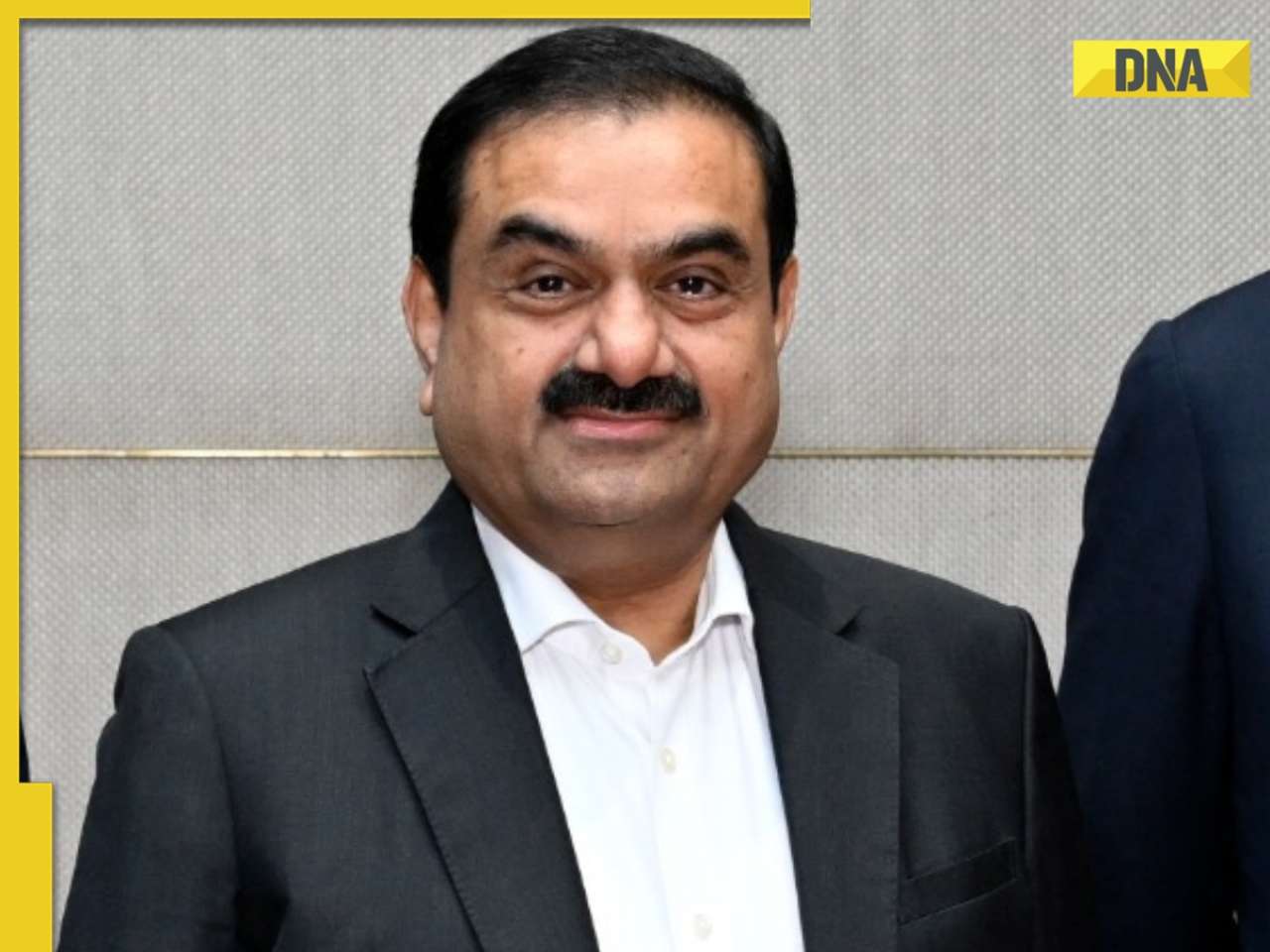






)
)
)
)
)
)
)
)
)
)
)
)
)
)
)
)





